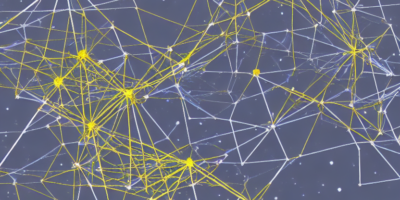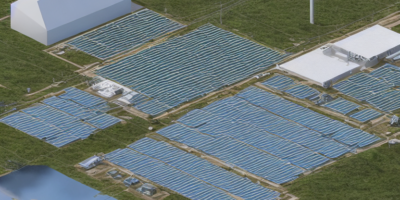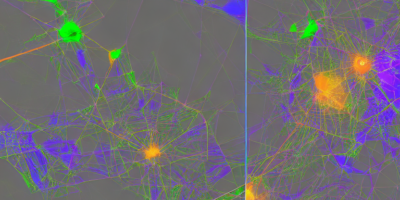In this article, the authors explore the concept of Probabilistic Deep Learning (PDL), a novel approach to deep learning that incorporates probability theory to handle uncertainty in neural networks. They argue that traditional deep learning methods are limited by their assumption of determinism, which can lead to poor generalization and interpretability issues in real-world applications.
To address these challenges, PDL proposes a new framework that combines probabilistic modeling with deep learning techniques. The authors demonstrate how this approach can be used to model complex distributions over neural networks, allowing for more robust and reliable predictions. They also showcase how PDL can be applied in various domains, including image classification, speech recognition, and natural language processing.
One of the key insights of PDL is that it allows for a more principled way of dealing with uncertainty in deep learning models. By modeling the uncertainty of neural networks using probabilistic methods, PDL enables the estimation of uncertainty margins around predictions, which can be useful in a variety of applications. Additionally, PDL provides a more interpretable representation of deep learning models, as the learned probabilities can provide insights into the reasoning process of the model.
The authors also discuss some of the challenges and open research directions in PDL, including the need for better optimization methods that can handle probabilistically-defined objectives and the challenge of scaling PDL to larger datasets and more complex models. Despite these challenges, the authors demonstrate the promising results of PDL in various applications and highlight its potential to revolutionize the field of deep learning.
In summary, Probabilistic Deep Learning offers a novel approach to deep learning that addresses the limitations of traditional methods by incorporating probability theory to handle uncertainty. By providing a more robust and interpretable way of modeling complex distributions over neural networks, PDL has the potential to revolutionize various applications in computer vision, speech recognition, and natural language processing.
Audio and Speech Processing, Electrical Engineering and Systems Science
Improving Diarization and Speaker Identification with Ground Truth Labels and Data Augmentation



